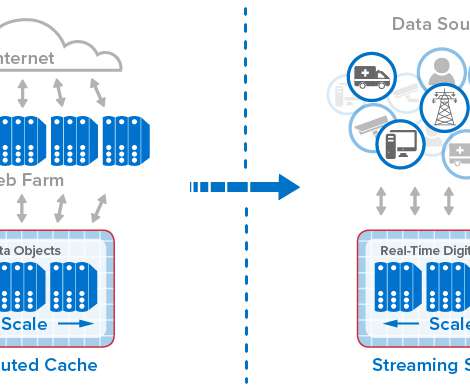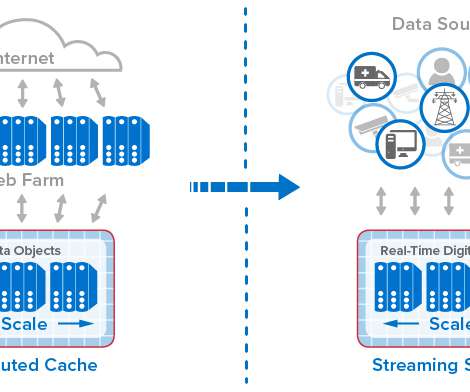The Amazing Evolution of In-Memory Computing
ScaleOut Software
JUNE 22, 2020
From Distributed Caches to Real-Time Digital Twins. Going back to the mid-1990s, online systems have seen relentless, explosive growth in usage, driven by ecommerce, mobile applications, and more recently, IoT. For more than two decades, the answer to this challenge has proven to be a technology called in-memory computing.












Let's personalize your content